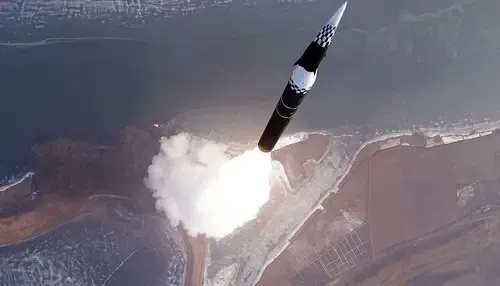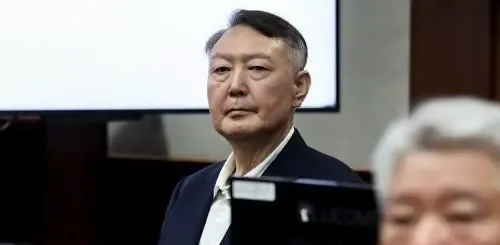Israel Committed to Indefinite Military Presence in Syria

Synopsis
Key Takeaways
- Indefinite military presence in Syria
- Focus on security for Israeli citizens
- Preventing Iran-linked forces from gaining ground
- Maintaining relations with the Druze community
- Approximately 500 airstrikes conducted on Syrian targets
Jerusalem, Jan 29 (NationPress) The Israeli Defense Minister Israel Katz announced that the nation's military forces are set to remain in Syria for an indefinite duration.
During a visit to military installations at the summit of Mount Hermon, Katz stated, "The IDF (Israel Defense Forces) will stay at the peak of Mount Hermon and within the buffer zone indefinitely."
He asserted that this decision is aimed at ensuring the safety of Israel's citizens.
Katz emphasized, "I came here to guarantee that the IDF is adequately prepared for both defensive and offensive operations during our extended presence at the Mount Hermon posts."
He reaffirmed Israel's commitment to preventing any Iran-affiliated forces and other non-friendly groups from establishing a presence in southern Syria, as reported by Xinhua.
"We will not permit hostile entities to set foot in the buffer zone of southern Syria—stretching from the Suwayda-Damascus axis—and we will not depend on others for our protection," he declared. "We will foster relationships with friendly communities in the region, particularly the significant Druze population."
At a height of 2,814 meters, the summit of Mount Hermon is the highest point along the eastern Mediterranean coast, providing a vantage point over Israel, Syria, and Lebanon.
Israel previously occupied a section of the Golan Heights during the 1967 Middle East conflict and later annexed it, a move that remains largely unrecognized by the international community.
In December, following the collapse of Bashar al-Assad's administration, Israel deployed ground forces into the buffer zone, which is a demilitarized area monitored by the United Nations Disengagement Observer Force, established by the 1974 Agreement on Disengagement between Israel and Syria. Subsequently, Israel took control of Syrian army positions at the summit.
Israel has conducted approximately 500 airstrikes on Syrian targets, including naval facilities and surface-to-air missile systems, asserting that these operations were necessary to prevent weaponry from reaching rebel factions.









